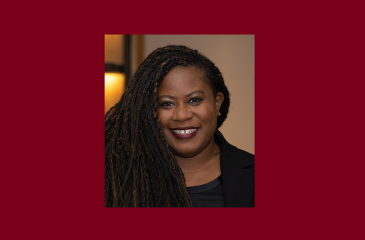The Minnesota Medical Association's magazine "Minnesota Medicine" recently published a primer on the Minnesota COVID-19 Ethics Collaborative (MCEC) written by the initiative's co-leaders Debra DeBruin, PhD , Center for Bioethics director and Susan M. Wolf, JD , chair of the Consortium on Law and Values in Health, Environment & the Life Sciences at the University of Minnesota. Here is an excerpt from the piece:
The inspiration for MCEC arose from two previous projects to develop ethical guidance for public health emergencies in Minnesota, both sponsored by and completed in partnership with MDH: the Minnesota Pandemic Ethics Project and Ethical Considerations for Crisis Standards of Care. Both projects recommended that MDH establish an ethics support process at the state level to provide guidance in real time during a crisis. At the start of the COVID-19 pandemic, Debra DeBruin, who co-led both of the two previous projects, offered to help MDH develop such capacity. The SHCC and MHA quickly joined the effort, and the MCEC co-leads began to work with these partners to build the team and develop the process for ethics support.
Debra DeBruin, PhD & Susan Wolf, JD
Read



